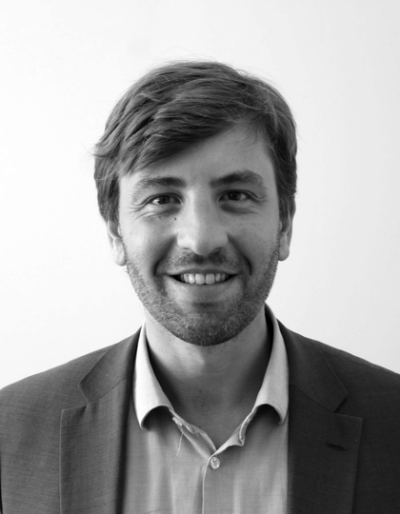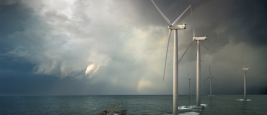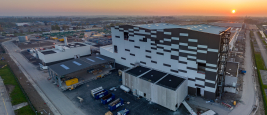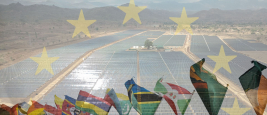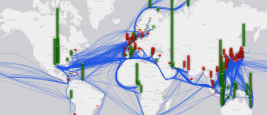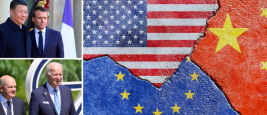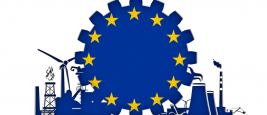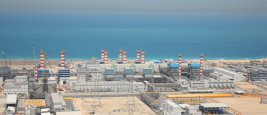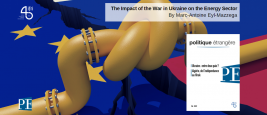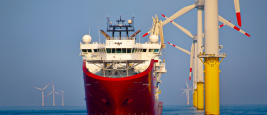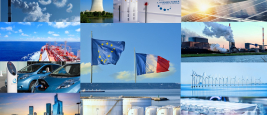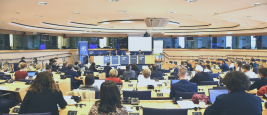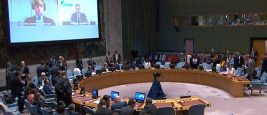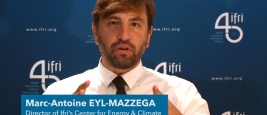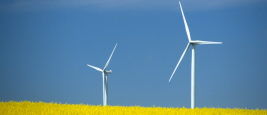
Marc-Antoine EYL-MAZZEGA
Director of Ifri’s Center for Energy & Climate
Research Interests:
- The European Green Deal, the European Union and its Member countries
- Low carbon technologies & solutions
- Oil and gas markets, producers and rentier states
- International Oil Companies and National Oil Companies
Marc-Antoine Eyl-Mazzega joined Ifri's Center for Energy & Climate as a Director in September 2017.
Prior to joining IFRI, he spent six years at the International Energy Agency (IEA), notably as Russia & Sub-Saharan Africa Programme Manager where he conducted oil and gas market analyses and was responsible for institutional relations with these countries and regions. He also held various other positions, such as at the Robert Schuman Foundation, where he was in charge of a Ukraine observatory. A French and German national, he holds a Ph.D. from Sciences Po Paris in international relations.
The European Green Deal has not been planned for the current extraordinarily deteriorated internal and external environment. Russia’s war in Ukraine, higher interest rates, inflation, strained public finances, weakened value chains, and lack of crucial skills pose unprecedented challenges....
The deployment at scale of electric mobility in France and in Europe withholds significant industrial, societal, geopolitical, and financial challenges, against the backdrop of strategic dependencies along the value chain of the electric vehicle (EV).
North-South tensions are exacerbated at a time of unprecedented turmoil for both Europeans and Africans. European polycrises (geopolitical, energy-related and economic) echo the systematic vulnerability of Africans, which is reinforced by external shocks.
2022 saw the climax so far of the weaponization of energy. Following its geopolitical demise, Russia has undertaken its own gas amputation, moving from a super energy power status to a diminished role with uncertain prospects and only hard options left.
As French President Emmanuel Macron (accompanied by Ursula von der Leyen) is on a state visit to China, some twenty Ifri researchers decipher the stakes of the U.S./China/Europe strategic triangle.
The European Green Deal (EGD) is the single most defining policy initiative of the von der Leyen Commission. Since its publication in December 2019, it has become the European Union’s (EU) new raison d’être: protecting the planet and Europeans from environmental...
A rapidly-expanding market
The outbreak of war in Ukraine dealt a shock to energy markets.
Only eight years are left to expand by almost three times the current total installed wind and solar energy capacity in the European Union (EU) in adding around 600 gigawatts (GW), and so reach the highly-ambitious 2030 targets. This requires a mobilization whose scale is immense – amidst...
The success of energy transition is first and foremost a question of good governance, which must be based on expertise and collective deliberation.
Les Etats-Unis, alliés traditionnels d’Israël, pourraient être amenés à encadrer plus strictement l’application des sanctions contre Téhéran, pays qui représentait 4 % de l’offre mondiale de brut en 2022. Voire à les durcir s’il est avéré que l’Iran a aidé à planifier les actes...
Argument that reactors are expensive "does not hold any more", conference hears. Nuclear plants will be needed for the future stability of Europe’s grid, Marc-Antoine Eyl-Mazzega said.
The recent energy crisis has highlighted our economies' dependence on energy resources. With fossil fuels becoming less available, and a necessary transition to more decarbonised alternatives, could tomorrow's energy not become more expensive and less certain in...
The Iranian government claimed last week it had found a new deposit of lithium in the Hamedan province, worth 10% of all global lithium resources, but experts say this marks no shift in EU-Iran diplomatic ties.
Some of Europe’s poorest countries and communities would be hardest hit by disruptions of Russian energy supplies. With a difficult winter ahead, Europe’s ability to redistribute costs equitably and to shield the most vulnerable will determine whether it can preserve social cohesion and the...
Replay from Ifri's conference at the European Parliament in Brussels (October 11, 2022). The combination of the climate crisis and Russia’s war in Ukraine makes the case for a much faster transition to a fully decarbonized power system.
Remarks by Marc-Antoine Eyl-Mazzega, director of Ifri's Center for Energy & Climate, on the occasion of the meeting of the U.N. Security Council on Nord Stream at Russia's request, on September 30, 2022.
As Europe suffers its worst energy crisis in a generation, French presidential candidate Marine Le Pen is proposing to subsidize consumption while further curtailing supply.
Marc-Antoine Eyl-Mazzega, director of Ifri's Center for Energy & Climate, explains why the creation of an International Minerals Agency would be essential to the regulation of this strategic global issue and how it could facilitate the dialogue between producers and consumers, bringing...
The two countries have been solid partners throughout the Trump era and France is now watching China’s investments closely, both at home and abroad.



